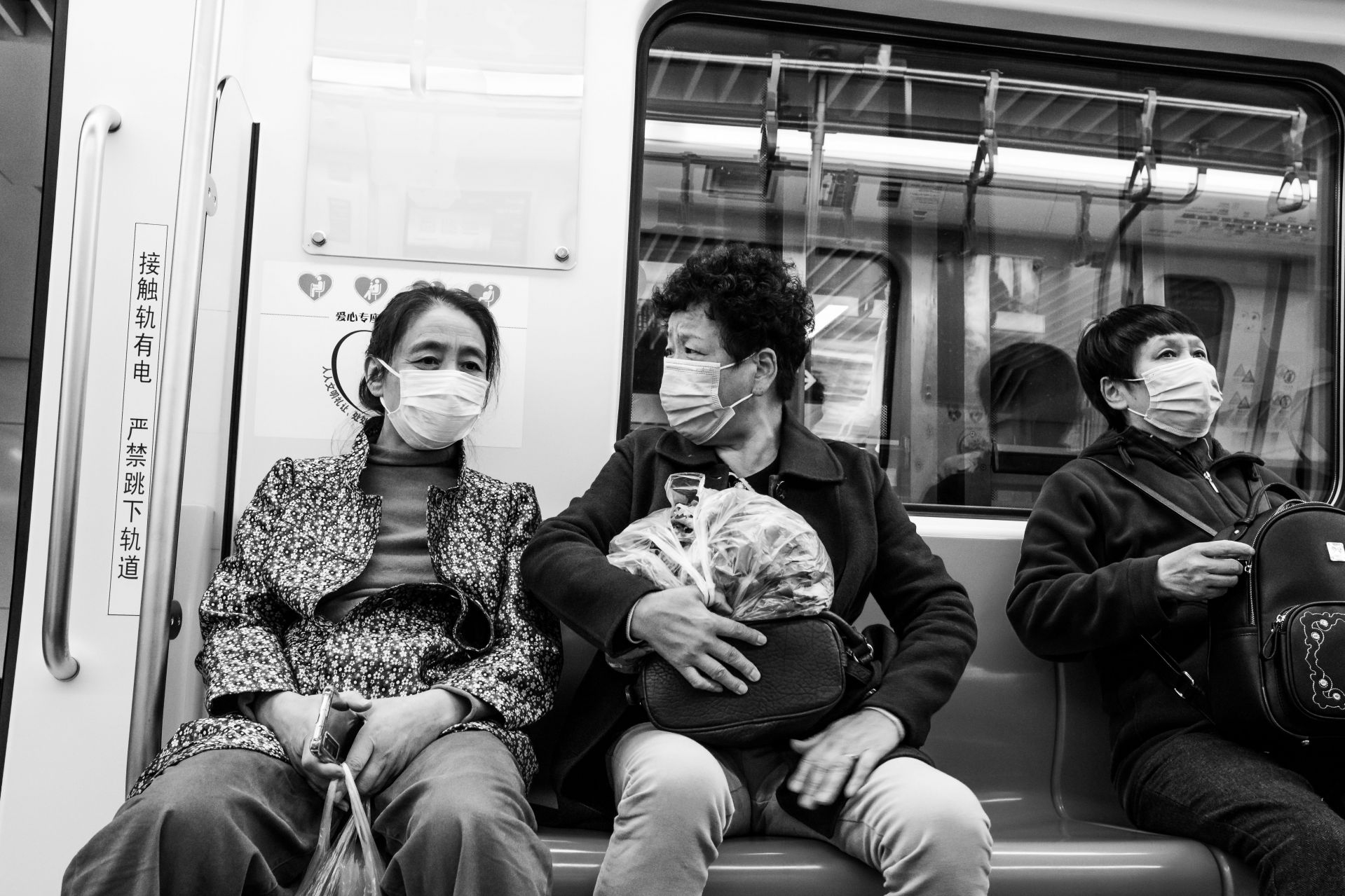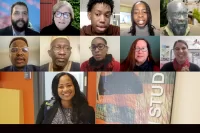
One year ago, as the global COVID-19 pandemic took hold, Assistant Professor of Economics Leshui He and colleagues in China called attention to a growing threat of discrimination faced by Asian people worldwide.
Their warning has proven sadly accurate. Since then, especially in the U.S., Asian Americans have endured a mounting deluge of racist attacks.
The group Stop AAPI Hate has reported some 4,000 racist incidents against Asian American Pacific Islanders, including recent high-profile incidents. The potentially race-influenced killings in Atlanta, about which Bates President Clayton Spencer issued a statement Wednesday, are the latest.
Titled “Discrimination and Social Exclusion in the Outbreak of COVID-19,” the article coauthored by Professor He was published in April 2020 in in the International Journal of Environmental Research and Public Health.

The paper’s goal was to “document the observation and unexpected social outcomes of social exclusion and discrimination in the outbreak of COVID-19 across the world and inside of China.” He’s coauthors are Jun He, Wen Zhou, Xuanhua Nie, and Ming He of the School of Ethnology and Sociology at Yunnan University in China.
The scholars collected data from online surveys plus secondary sources such as descriptive data from newspapers and internet searches.
The authors quickly found a link between the “massive efforts” to control the spread of the disease with instances of discrimination against Asians.
“Discrimination and social exclusion has occurred in various forms,” the scholars note. Just over 25 percent of respondents overseas experienced discrimination in the breakout of COVID-19, while 90 percent of respondents inside of China experienced discriminatory attitudes.
The paper makes an “urgent call for the inclusiveness in policy and media in the face of this public health emergency,” noting that “discrimination and social exclusion can undermine efforts to identify, isolate and contain the transmission of the virus.”
The authors quickly found a link between the “massive efforts” to control the spread of the disease through various methods, including lockdowns, with instances of discrimination against Asians. The scholars define discrimination as “unjust treatment of, or making a distinction against a person based on group, class, race, age, sex or category to which that person belongs rather, than on individual merit.”
As early as January 2020, the scholars observed public cases of discrimination in the West against people of Asian descent — “on the bus, in shopping malls, on the street and on school campuses” — from verbal abuse to violent attacks.
The wearing of facemasks was a flashpoint of such incidents early on, especially since wearing a facemask in the West was highly unusual prior to the pandemic.

“Prior to recent months, face mask-wearing had implied sickness in the West,” the scholars wrote, whereas mask-wearing is ubiquitous in the “daily life of many Eastern Asian countries to an extent that it has even been viewed as a fashion statement. This cultural difference and the legacy of racism may have interacted to contribute to the increased discrimination.”
Fear of the unknown, especially when it comes to deadly, infectious disease, “is a part of human nature,” the scholars added. “Stigmatization of COVID-19 led by some politicians such as Donald Trump might have reinforced such discrimination and social exclusion, in what Michel Foucault called biopolitics.
“However, it is paramount to recognize the discriminatory behaviors that accompany fear, as they damage not only the socio-cultural fabric in the long run, but they also compromise present efforts to contain the disease. While various efforts to eliminate discrimination and social exclusion are a good start, further measures are still required, particularly post-pandemic.”




